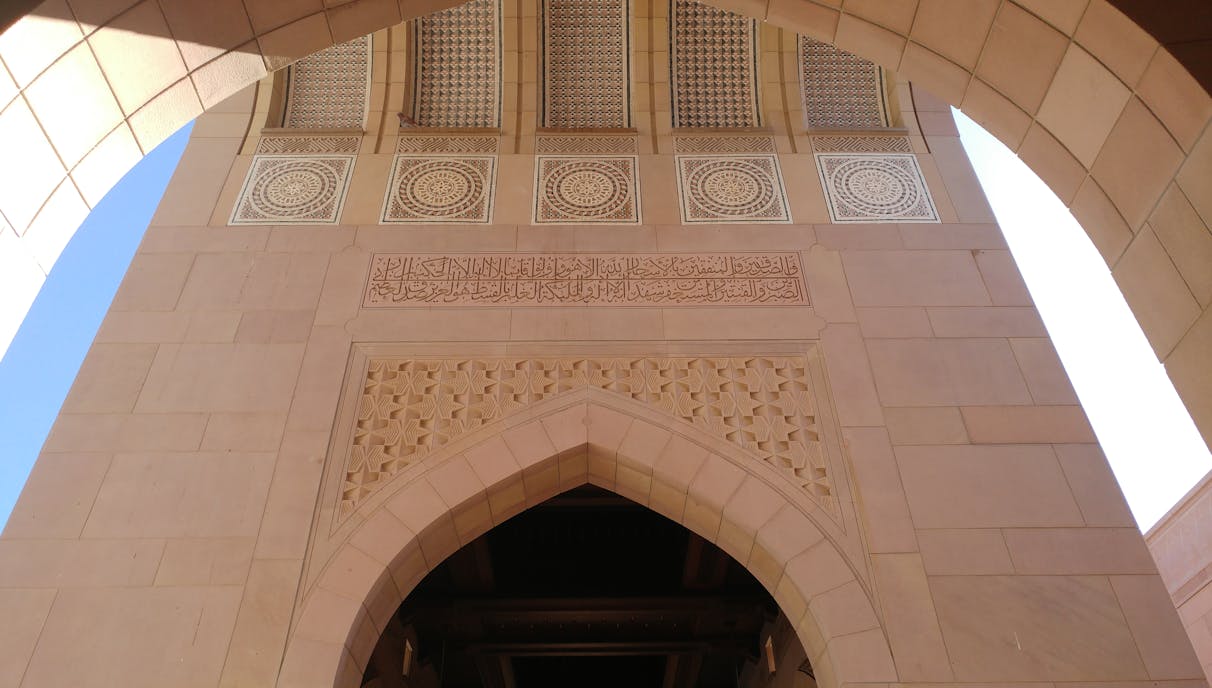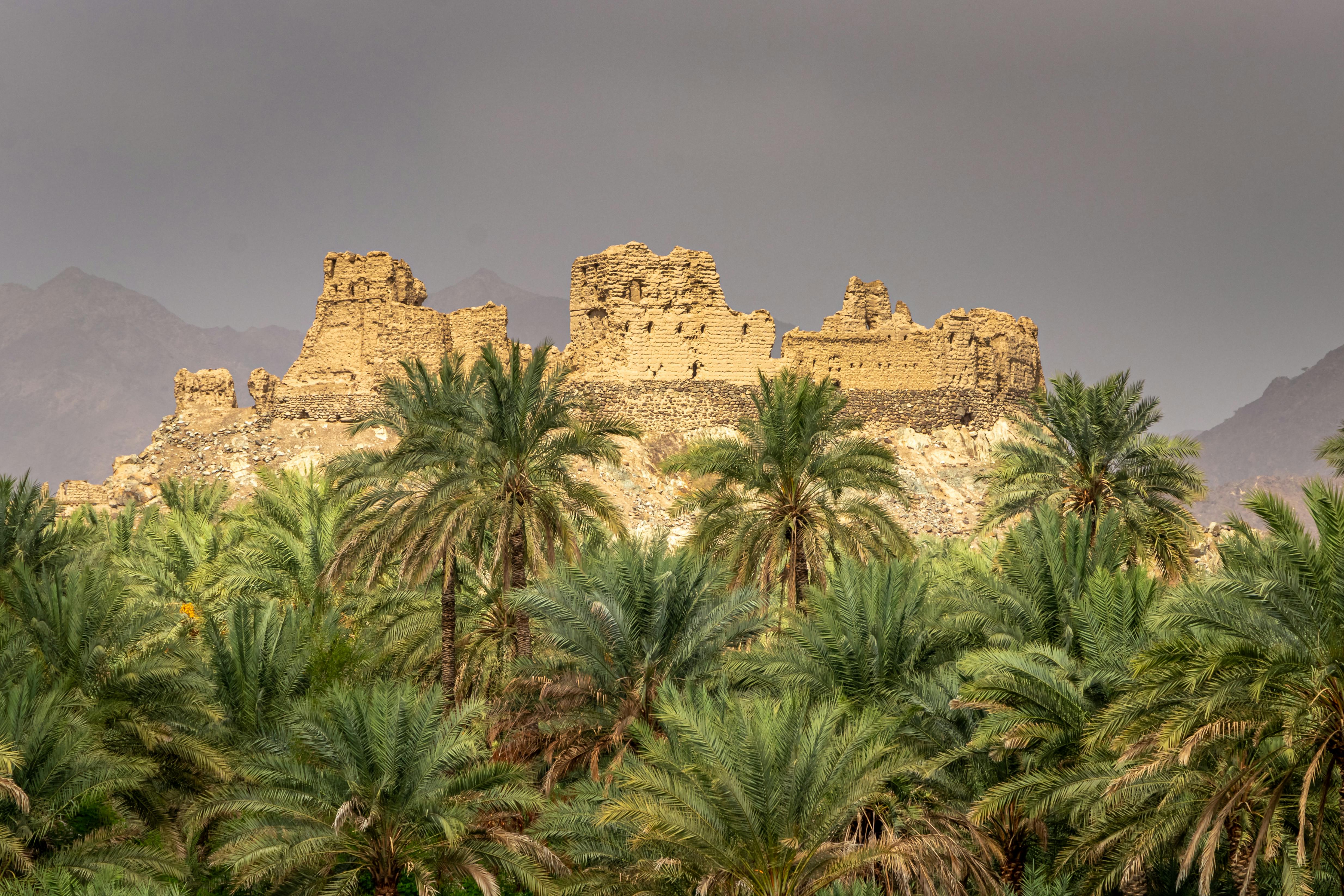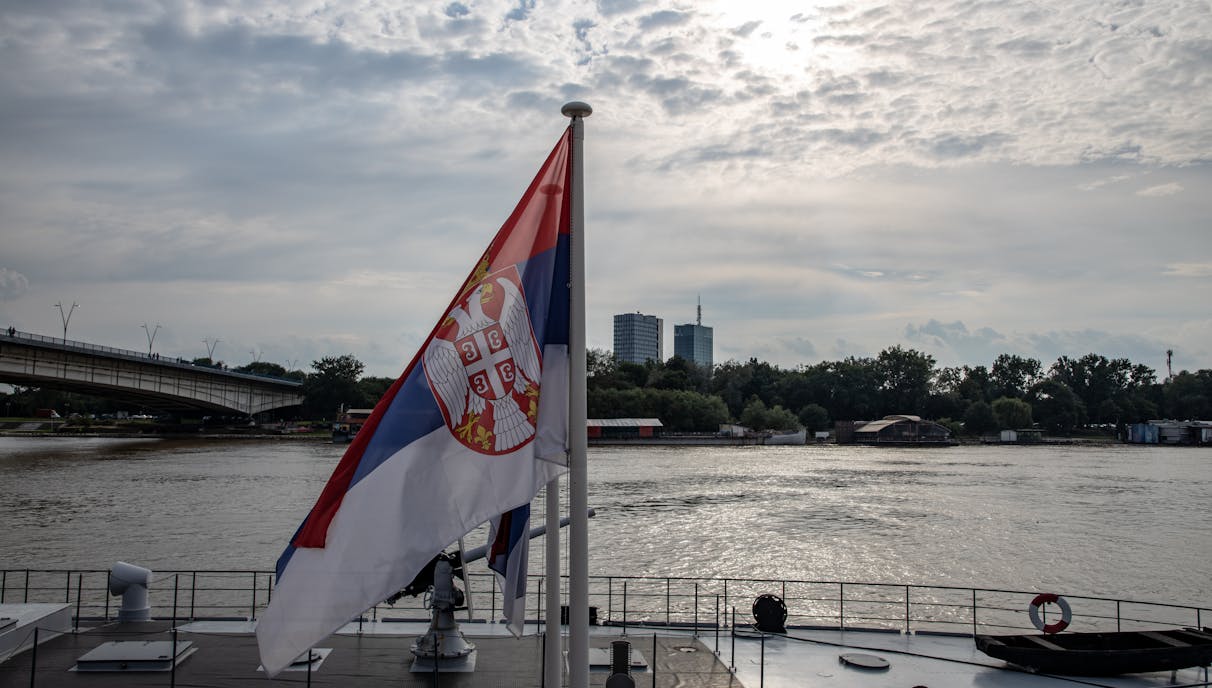Search results: 93
Non-Tariff Measures and Data Collection

Objective:
The objective of the course on Non-tariff Measures and Data Collection is to increase the understanding of the International Classification of NTMs and the collection of NTM data.
The course is structured as follows:
Module 1: Introduction to NTMs and data collection
Module 2A and 2B: Classification of NTMs
Module 3: Product classification
Module 4: Guidelines for the collection of data on official NTMs
Please note that in order to successfully complete course activities, participants should plan to dedicate at least 10 hours per week throughout the duration of the seven-week course.
Audience:
The course targets two specialized audiences:
Data collectors directly working with NTMs.
- Government officials, researchers and representatives of the private sector who want to strengthen their understanding of NTMs, use NTM data, and/or who are or may be involved in the design or negotiation of policies related to NTMs.
Photo by Venti Views on Unsplash
Non-tariff measures and data collection and update_ASEAN+6

Objective:
The objective of the course on Non-tariff Measures and Data Collection is to increase the understanding of the International Classification of NTMs and the collection of NTM data.
The course is structured as follows:
Module 1: Introduction to NTMs and data collection
Module 2A and 2B: Classification of NTMs
Module 3: Product classification
Module 4: Guidelines for the collection of data on official NTMs
Please note that in order to successfully complete course activities, participants should plan to dedicate at least 10 hours per week throughout the duration of the four-week course.
Audience:
The course is offered specifically for national consultants working in the UNCTAD-ERIA project on updating NTM data in ASEAN and Australia, China, India, Japan, New Zealand, and South Korea. For courses available to the public, please go to the Executive course
Photo by Venti Views on Unsplash
Oman 2012

The course, designed for policy makers, focuses on the links between trade, investment, finance, technology and development. Its aim is to:
(a) Enhance understanding of the relationship among these areas and their link to countries’ development strategies; and
(b) Provide participants with knowledge and skills for the design and implementation of trade and development policies, as well as for trade negotiations corresponding to the needs and interests of their countries.
The course is organized by the Knowledge Development Branch of UNCTAD's Division on Technology and Logistics with the support of the Ministry of Commerce and Industry, Sultanate of Oman.
Oman 2014

The course, designed for policy makers, focuses on the links between trade, investment, finance, technology and development. Its aim is to:
(a) Enhance understanding of the relationship among these areas and their link to countries’ development strategies; and
(b) Provide participants with knowledge and skills for the design and implementation of trade and development policies, as well as for trade negotiations corresponding to the needs and interests of their countries.
The course is organized by the Knowledge Development Branch of UNCTAD's Division on Technology and Logistics with the support of the Ministry of Commerce and Industry, Sultanate of Oman.
Oman 2016

The UNCTAD secretariat is pleased to announce that the next regional course on key issues on the international economic agenda that is designed for economies in Western Asia will be hosted by the Ministry of Commerce and Industry of Oman, and will take place from 9 to 27 October 2016.
The course will focus on the links between trade, investment, finance and development, including in the context of international trade negotiations. Its aim is as follows:
(a) Enhance understanding of the relationship between these areas and their links to
country development strategies.
(b) Provide participants with knowledge and skills for the design and implementation of
trade and development policies, as well as for trade negotiations corresponding to the needs and
interests of their countries.
The course syllabus will draw on the perspective of UNCTAD, its analytical work and lessons learned from its technical cooperation activities and will be enriched by the competence and expertise of representatives of the United Nations Economic and Social Commission for Western Asia and of national experts in these areas of work.
The course is mainly aimed at mid-level government officers in ministries and institutions
dealing with trade, investment and finance and development issues, who are involved in the
formulation and implementation of national trade and development policies. As appropriate, and
depending upon the availability of places, other applicants, such as university academics, may be
considered.
Pakistan 2022

The UNCTAD secretariat is pleased to announce that the next regional course on key issues on the international economic agenda, which is designed for economies in Asia and the Pacific, will be hosted by the Foreign Service Academy, Ministry of Foreign Affairs, Pakistan. The course will be held from 21 November to 2 December 2022.
The course will focus on the links between trade, investment, finance and development, including in the context of the global pandemic and responses to shocks. Its aims are as follows:
(a) To enhance understanding of the relationship between trade, investment, finance and development and their links to country development strategies and building resilience;
(b) To enhance understanding of current economic debates, the economic impact of the pandemic, the Sustainable Development Goals and the implications for policymakers in developing countries;
(c) To provide participants with knowledge and skills that will prepare them for negotiations, as well as to design and implement trade and development policies. These tools are designed to meet the needs and interests of their countries.
The syllabus will draw on the perspective of UNCTAD, analytical work and lessons learned from technical cooperation activities, and will be enriched by the competence and expertise of representatives of the Economic and Social Commission for Asia and the Pacific. Experts from Pakistan will share national experiences in promoting and managing trade, investment, finance and development and policies formulated in response to the global pandemic.















